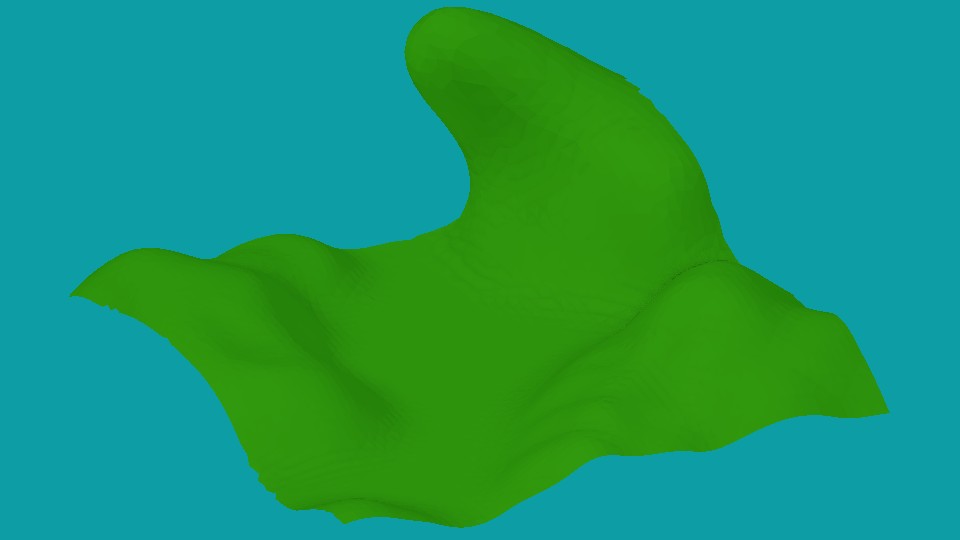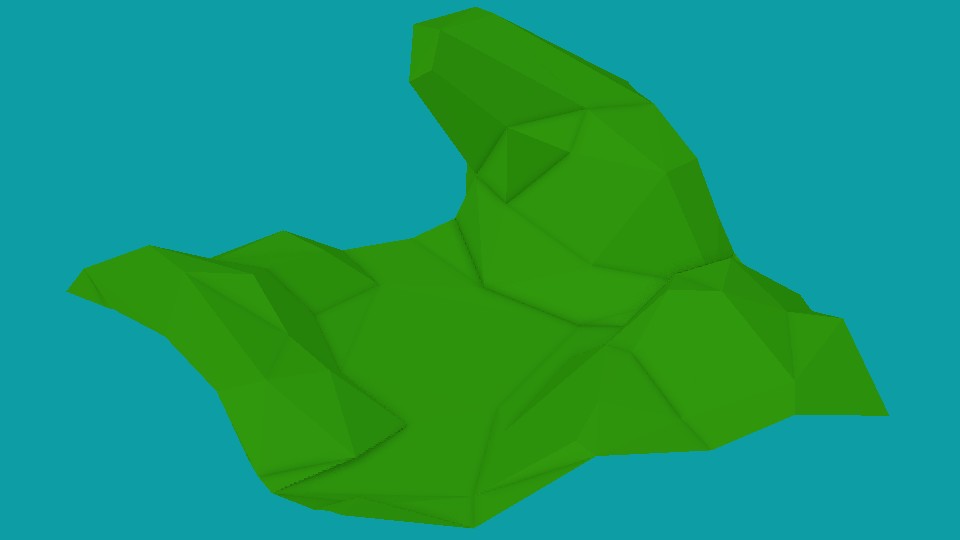I am interested in playing with blender to do some low poly stuff, I just like the style of it. Anyway my question is how are things like deep zoom handled in low poly.
Let's take a tree or grass. In the low poly style the leaves or the grass is handled by a single basic mesh object of some sort. But let's say you want to zoom into the tree or down into the grass to focus on a bird or and any or something. Suddenly the individual leaves or even blades of grass relevant. How is the transition handled.
Can be in reverse what if you want to do an extreme pan out to show a planet (okay not realistic because you wouldn't model a full planet in detail in the first place). But the point is even if you modelled at low poly at a specific scale as you pull out you loose that style because it become to much detail. More realistic example if you model leaves of a tree and pull out you wouldn't quite maintain the low poly look.
I don't think particles are helpful so just looking for a starting point to do some studying before I dig into the project.


